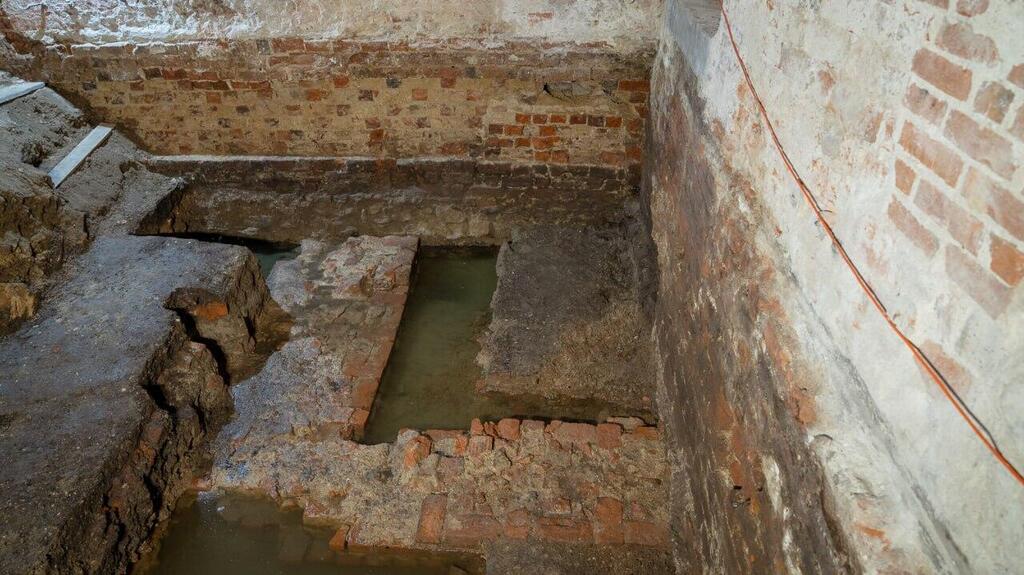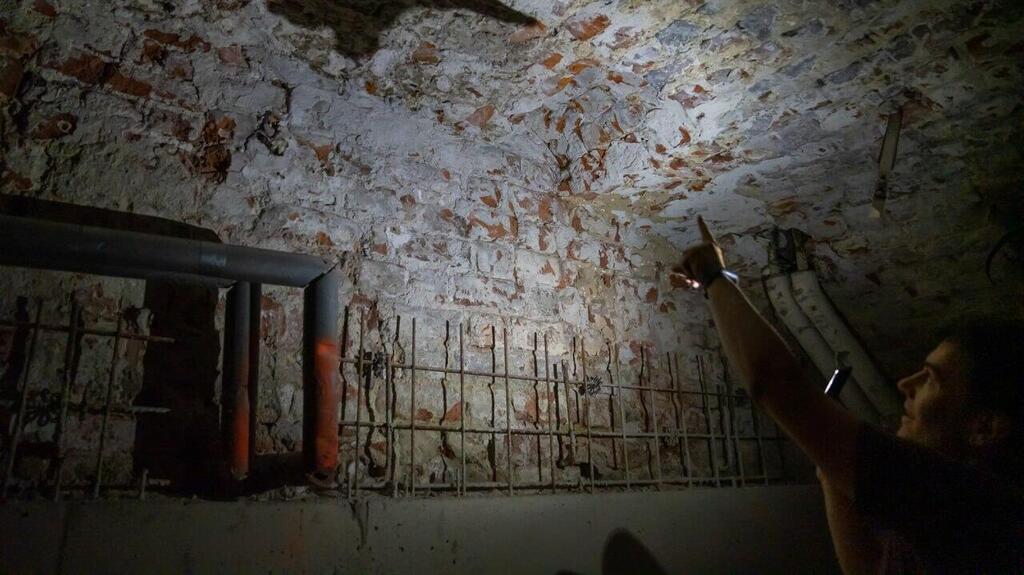Remains believed to be from a 14th-century synagogue, potentially one of Central Europe's largest, have been uncovered during renovation work on a building located in the city of Wrocław.
Read more:
While conducting archaeological investigations in preparation for the renovation of 49 Szewska Street, which currently houses the Historical Institute of the University of Wrocław, astonishing sections of 14th-century brick walls were unveiled beneath layers of plaster. These ancient structures, discovered in 2021, have sparked significant interest since they closely resemble the distinctive layout of medieval European synagogues.
The archaeological efforts at the site have yielded compelling results, as the team of experts from Wrocław University delved into the historical significance of the find. Małgorzata Chorowska, a distinguished professor from the faculty of architecture at Wrocław University of Science and Technology, who plays a pivotal role in the research, expressed her astonishment. "The fact that instead of the expected burgher tenement houses we have a synagogue, and above all its size, was quite a surprise," she said.
The history of 49 Szewska Street adds another layer of intrigue to this discovery. Before housing the Historical Institute, the address served as a palace for the Legnica-Brzeg branch of the Piast dynasty for an impressive three centuries, spanning from the 15th century to the 17th century.
In light of earlier meticulous historical and architectural investigations led by Chorowska, the University of Wrocław confidently asserts that there is a "strong likelihood that the remains of a 14th-century synagogue, harmoniously integrated into the walls of the subsequent city palace, have just been unveiled." This recent announcement brings to light a fascinating connection between the past and present, capturing the essence of Wrocław's rich historical tapestry.
The statement also noted that, despite many years of archaeological research of buildings demolished to their foundations, “until the ongoing renovation of the building at 49 Szewska Street, it was not possible to determine the location or find any material remains of the oldest synagogues in Wrocław.”
“The building at 49 Szewska Street is a valuable and very interesting monument, and if the presumption of a synagogue is correct, then we are potentially dealing with the best-preserved relics of one of the oldest, if not the oldest, brick building of its kind in Poland,” Mateusz Goliński of the Historical Institute’s department of Polish and general history was quoted as saying.
“In the context of our knowledge of medieval synagogues in Central and Eastern Europe, we have therefore come to believe that we are dealing with the remains of the synagogue of the first Jewish community in Wrocław,” according to the publication "The Lost Medieval Synagogue in Wrocław Against the Background of Synagogues in Central Europe; Its Architecture and History," written by Chorowska, Goliński and Mariusz Caban.




